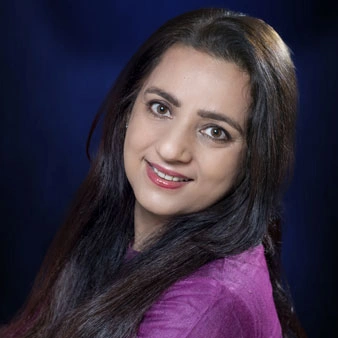Topic
Dr Tarana Husain Khan talks to Amitabh Baghel on The Begum and the Dastan
On 27th 3.00 pm - 3.40 pm
Two fellow book club members Dr Tarana Hussain Khan and Mr Amitabh Baghel got together to talk about her latest book, ‘The Begum and The Dastan’. Dr Tarana is a cultural-historian from Rampur and has done extensive work in this arena. They start the talk with Mr Amitabh commending her for her outstanding work in this particular work which he himself has read and enjoyed. It is a book about the story of a woman called Feroza Begum who represents all women of the 19th century. It is a tragic, gripping, moving tale of a young woman who gets kidnapped by the Nawab while attending Sawani celebrations for which she has gone against her life. This event proves to be a turning point in her life. Mr Amitabh discusses various aspects about the book and her writings. The session turns out to be a very poetic and pleasant experience for all.

